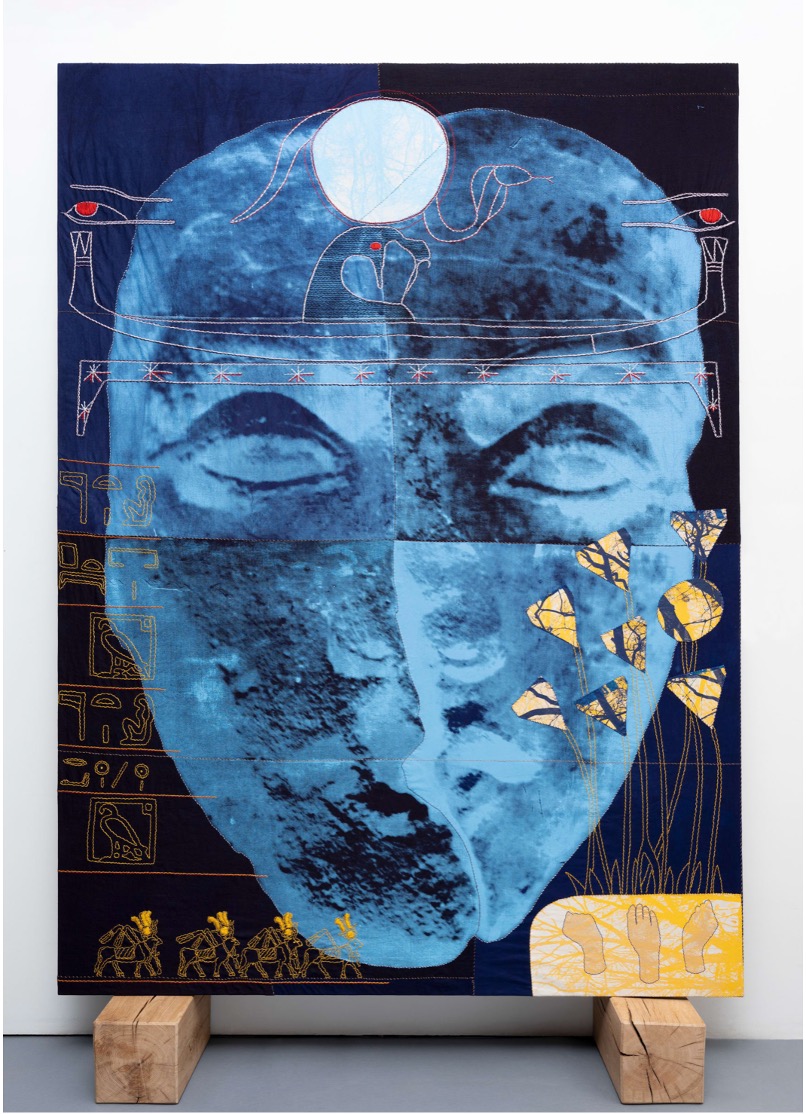Carter G. Woodson and the Africological Precedent of Miseducation
DOI:
https://doi.org/10.15367/4j94pc10Keywords:
Miseducation, Africology, Dislocation, Afrocentric Paradigm, Black Pedagogy, Cultural SovereigntyAbstract
Carter G. Woodson was one of the most prolific African American scholars of the early 20th century. Born to formerly enslaved parents in New Canton, Virginia, he spent much of his adolescence in blue-collar labor and did not complete high school until his early twenties. His unconventional educational trajectory shaped his critique of mainstream education and its role in perpetuating white supremacy, leading to his seminal concept of miseducation. Woodson's contributions to African American scholarship include founding the Association for the Study of African American Life and History (1915), launching the Journal of Negro History (1916), establishing Negro History Week (1926), and creating the Negro History Bulletin (1937). This study examines Woodson’s foundational role in Africology and Africana Studies by analyzing his concept of the miseducated African alongside similar intellectual frameworks. Additionally, it traces the trajectory of scholarship on Woodson’s contributions to Black history and pedagogy. As an Africological work, this study underscores the intersection of culture, education, and socialization in Western political contexts as central to the liberation of African minds.
Published
Issue
Section
License
Copyright (c) 2025 Isaac Howard

This work is licensed under a Creative Commons Attribution-NonCommercial-NoDerivatives 4.0 International License.

